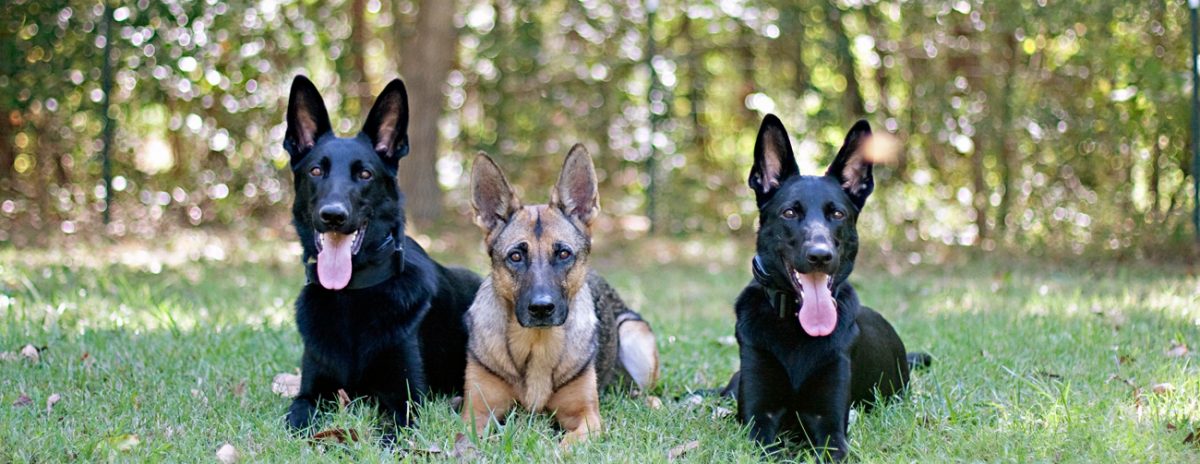Service Dog Awareness Education
In my daily life as I go places and educate about service dogs, I am often asked what I do about “Fakers”.
The answer is always more or less the same- try to help if possible, educate as much as I can.
The handler may not know that there are minimal standards of behaviors that make it acceptable and safe for a dog to be in a public setting, and that the laws only protect dogs that meet them. I share what training goals and standards I set for myself and my dog, and if they wish share training tips/methodology.
It usually begins as a story like this:
“I saw this faker when I was at the {store/mall/restaurant} the other day. It was a {lady/man/girl/boy} with a dog that was {doing XYZ behavior that I do not think is service dog-worthy}! Well, I gave them a dirty look because I know that is not how a service dog is supposed to act!”

In truth, I do not like the use of the word in this context. It is stating that either the person is misrepresenting themselves as disabled, or the dog is not a service dog.
There is no way to tell by looking if a person is disabled or not.
The dog itself may be task trained and had thousands of hours of obedience and public access specific training under it’s belt (leash?).
I choose not to automatically think the worst of people.
There is a prevailing attitude of judgement in the online service dog community that unfortunately spills over to real life. It is not out of the range of possibilities that this team may just be having a bad day. Once Grace ate a beetle and it gave her the worst gas and some diarrhea and I just got plain lucky she did not make a mess when we were in the store. There have been days where she is not paying as much attention as she should and I have to repeat a command to get what I need.
They may have different standards of acceptable behavior. I’ve seen a team where the dog was slipped scraps from the meal under the table at a restaurant. It had also just completed a weekend of trialing, earned two new titles which were the culmination of months of hard work, and driven out of state in order to compete. The handler thought the dog deserved a treat. She was discreet. And it’s not my business if it is not endangering anyone.
You can choose to help.
The person may simply be struggling with some element of training. Not everyone has a dog that has been professionally trained, and even those that do can still encounter bumps in the road. Being disabled is hard enough. Adding a dog, even one that has been specifically trained to help you, can be an awkward transition for many.
If you see someone having trouble handling a dog, if you don’t see any obvious patches asking for space you could simply inquire from a few feet away “Is there anything I can do to help you?” When you approach a situation with a genuine desire to help find a solution you are much more likely to get a warm response. You never know, you could end up with a new friend!
Hope you have a great day and if you have any questions, please contact me.
